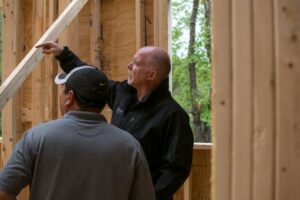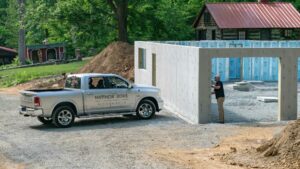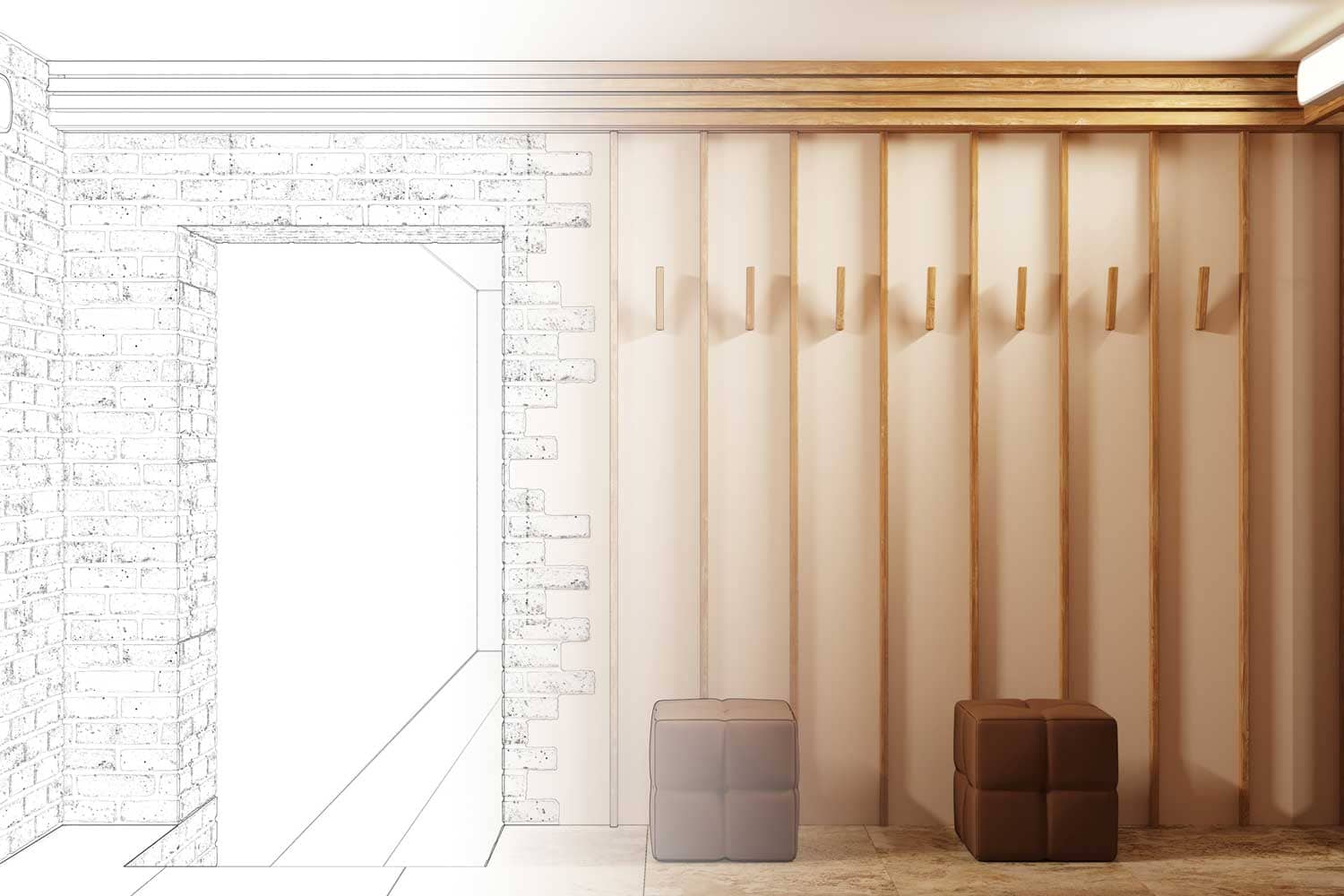Construction methods and materials have advanced significantly over the years. Architects, builders and material manufacturers are learning more and more about how to design, specify, and build homes that are tighter, better insulated, more durable and more resilient. These advancements translate to homes that last longer, are of higher quality, cost less to operate and maintain, and are more comfortable for the homeowner.
These same advancements, though, require that the builder have a complete understanding of the impact of these innovations when it comes to managing indoor air quality, moisture management and overall homeowner comfort and well-being. Without this knowledge, the builder can unknowingly create unhealthy indoor environments, HVAC designs that are inefficient, and moisture conditions that accelerate the deterioration of the structure.
This body of knowledge is known as Building Science and every Builder must be focused on it intently for the benefit of their clients as well as every family that will occupy their homes for decades to come.

What is Building Science, exactly? Building Science focuses on controlling heat/ cooling and moisture inside and outside the building through an understanding and application of the principles of thermodynamics, material science, mechanical engineering and physics. Builders who dedicate themselves to the study of Building Science always consider the home as an interdependent system. The introduction of each material or system impacts the requirements and performance of all other materials and systems in the home. If this is ignored or not known by the builder, the systems, materials and assemblies will not work in harmony and the performance of the home will be out of balance. This usually results in inefficient systems operations, poor indoor air quality (indoor air pollution), high (unhealthy) indoor humidity levels, moisture condensing in your walls causing mold and rot, stratified heating and cooling performance, and a whole host of other detrimental conditions. Even using the highest quality materials, these conditions will still arise if the Builder is not knowledgeable in the principles and practices of Building Science and how to coordinate all materials, assemblies and systems to work in unison to the benefit and maximization of each individual component.
The science is ever evolving, and the materials and equipment are becoming increasingly advanced. Builders who fail to learn the science and implement the principles on their projects are creating homes for their clients that have unintended negative consequences including unsafe and unhealthy indoor environments, increased operating costs, accelerated deterioration and reduced lifespan of the structure.

Alair Homes Hunt Country designs and builds custom homes and large-scale home transformations with a laser focus on the principles of Building Science. We do so to ensure that we are fulfilling our obligation to each client, to all future owners and to the community at large to build homes that are architecturally pleasing, durable, resilient, and a benefit to both the homeowner and the surrounding community. Schedule a consultation today!

